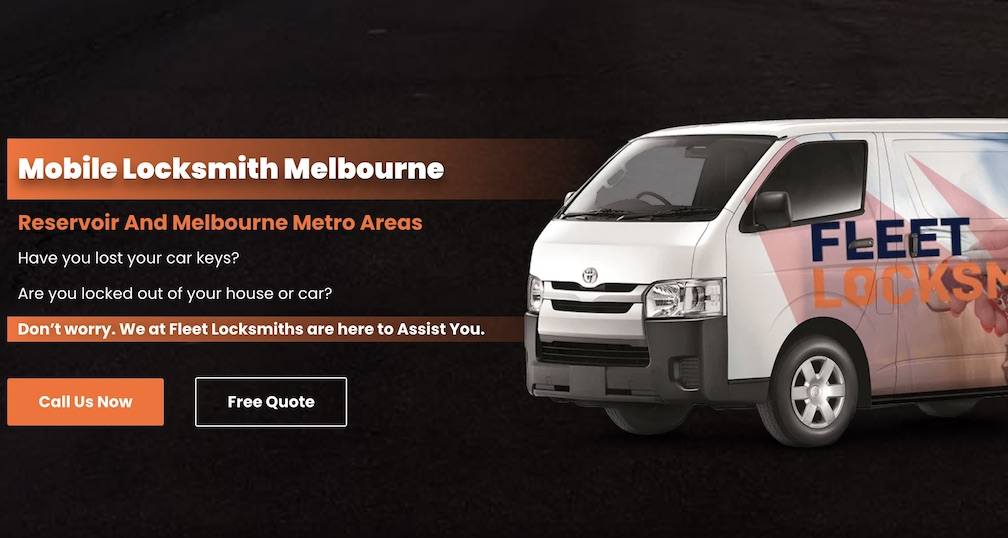
When it comes to securing your home, business, or personal belongings, one size does not fit all. Just as there are many types of doors, there are countless types of locks designed to suit a variety of security needs. From traditional padlocks to innovative smart locks, each has a unique design with special features.
In this blog post, we’ll discuss different types of lock mechanisms and their features. For personalised advice and professional locksmith services, consider contacting a mobile locksmith in Melbourne to get the right solution for your needs.
Padlocks
One of the most recognisable types of locks, padlocks are portable and versatile. They come in a variety of sizes and are often used to secure everything from garden sheds to suitcases. Padlocks are usually key-operated, but combination padlocks, which use a series of numbers or symbols to open the lock, are also popular.
Deadbolts
Deadbolts are commonly used on external doors for homes and businesses due to their strength and durability. They consist of a few main parts: a keyhole, a bolt, and a cylinder. Unlike spring bolt locks, deadbolts cannot be easily moved from their locked position without a key, offering a higher level of security.
Knob Locks
Knob locks are commonly used on internal doors and feature a knob that can be turned to open the door once unlocked. While convenient, these locks should not be used as the sole security measure on external doors, as the lock mechanism is inside the knob itself and can be more easily broken than other lock types.
Lever Handle Locks
Lever handle locks are commonly found on interior doors in commercial settings due to their ease of use, especially for those with physical disabilities. They feature a large push-down style handle and a keyhole for unlocking.
Cam Locks
Cam locks are a type of fastener that allows for secure storage. They are often found on filing cabinets, mailboxes, and lower-security applications. The cam, a metal tailpiece attached to the lock's core, rotates as the key is turned to secure the lock.
Mortise Locks
Mortise locks are used in commercial and residential applications. The lock is installed in a pocket, known as a mortise, within the door itself. They are known for their durability and reliability, often used in heavy-duty applications for high-traffic areas.
Electronic and Smart Locks
These locks offer a modern approach to security, using keypads, biometric data (like fingerprints), or even mobile apps to unlock doors. Some smart locks even integrate with home automation systems for remote access and monitoring.
Interchangeable Core (IC) Locks
IC locks are often used in commercial settings because they allow for easy rekeying. The 'core' (containing the keyway and the tumblers) is removable, meaning it can be replaced with a new core and new keys without having to replace the entire lock.
Understanding the mechanics and features of each lock is critical in choosing the right security solution for your needs
Whether you're a homeowner looking for an upgrade, a business needing higher-level security, or facing a lockout situation, a professional locksmith can guide you in the right direction. Remember, a reputable locksmith can not only provide advice on which lock suits your situation, but also deliver high-quality installation and repair services. With a wide array of lock types available, rest assured there is a lock out there that fits your needs perfectly.
| < Prev | Next > |
|---|







